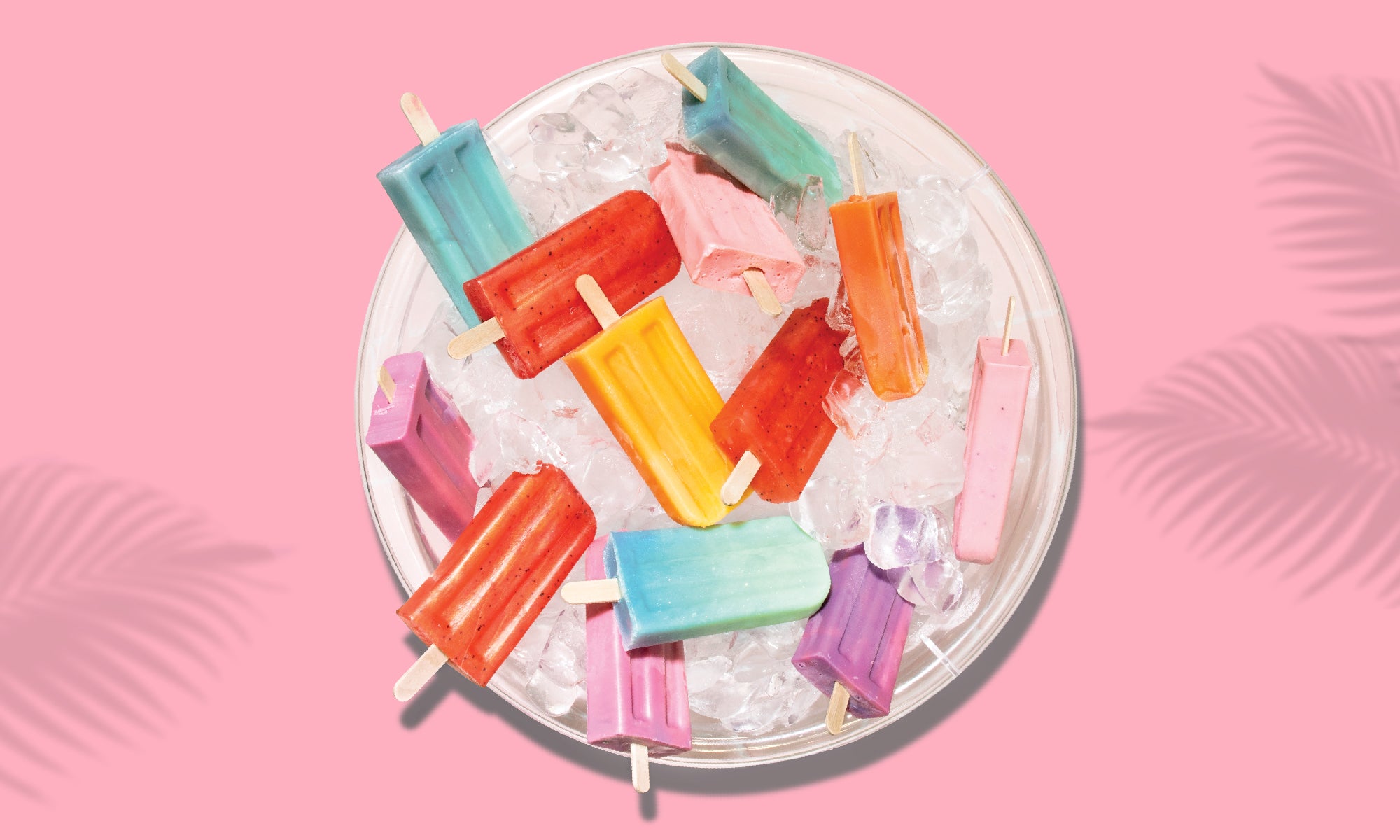These days, trying to read the label on personal care goods can be like trying to solve an ancient mystery. There are so many weird words, and a ton of crazy-sounding chemicals, and when combined with a lot of misinformation, it can all be totally confusing. It’s important to know what types of ingredients are in the products you’re using and, more importantly, how you can avoid the bad ones, but researching them can be really tough. The good news is, we’re here to lend a hand and share some important knowledge about what’s what.
To start our journey, we’re going to talk about sulfates. They’re a group of chemicals found in a ton of generic personal care products.
What are Sulfates? How do Sulfates work?
Sodium Lauryl Sulfate (SLS) and its close cousin, Sodium Laureth Sulfate (SLES), are two widely-used chemicals that can be found in nearly every generic personal care/household product on the market. They’re found in pretty much anything that foams or lathers, like shampoo, body wash, toothpaste, dish soap, laundry detergent, and others. We’ll group them together because they are often utilized together and have similar functions.
Technically-speaking, SLS and SLES are what’s known as surfactants, or chemicals that aid in washing oils off surfaces, like your skin, your dishes, or your countertops. They are made up of dual part molecules with a hydrophilic (“water-loving”) head and a hydrophobic (oil-loving) "tail" that work together for cleaning. Put simply, these chemicals are super-efficient at removing dirt, oil, and grime and produce great foam. They are also added to many products to help with emulsification, which allows oil and water-soluble ingredients that don’t typically mix, stay mixed. They’re so widely used because they do their job well and are very cheap to use in the manufacturing of these products. But just because they are cheap and effective doesn’t mean they are good.
Are SLS and SLES bad?
In short, you bet. Despite how common they are, these types of surfactants can have harmful effects. First and foremost, these chemicals are harsh detergents that are much better suited to washing your dishes than they are to gently cleansing your skin. If your skin or scalp has ever felt dry, tight, or sensitive after showering with generic bath and body products, that’s SLS and SLES at work. They can cause this dryness because they strip the moisture and important natural oils from your skin when they clean. Plus, because products with SLS/SLES are so harsh on the skin they can also lead to irritation as well.
What safer and healthier ingredients can be used instead?
At Nectar we’re dedicated to using the best natural ingredients in all of our bath treats, body treats, and other products. We absolutely avoid surfactants like SLS and SLES and we’re dedicated to crafting products that are designed to pamper and care for your skin, not increase the risk of potential skin issues. We use gentler/milder surfactants that remove the unwanted dirt and oil efficiently but not harshly and couple them with moisturizing and hydrating ingredients. We create products that clean effectively while maintaining the oil balance of your skin, so you feel clean and refreshed but not dry or irritated.
Despite the potential for cost savings, we chose to avoid using Sulfates because we care just as much about your health and safety as we do about creating products for an amazing self-care routine. The natural substitutes we use are not only safe, but also effective and nourishing, without the potential for negative side effects.
At the end of the day, surfactants are a crucial part of personal care products, but that doesn’t mean you have to settle for generic products with harsh chemicals like SLS and SLES. We go the extra mile to prove that natural products can be both safe and effective, giving you the quickest, healthiest path to an incredible day-to-day skin care routine.








